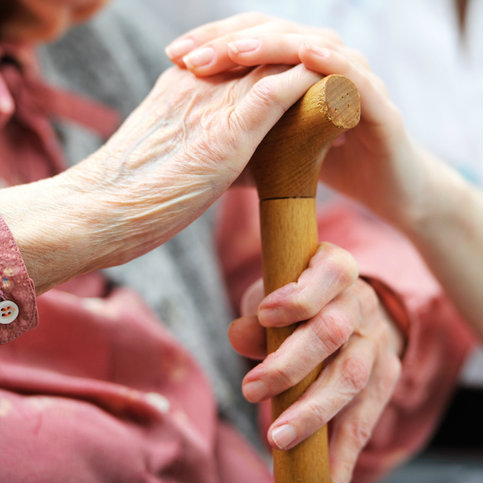For adults aged 50 and older, loneliness is so common that it’s even been labeled a “growing epidemic.” Factors that add to the challenge include:
- 45 percent of adults 65 and older are divorced, separated or widowed
- 42 percent of that age demographic deal with some sort of disability
- 28 percent of people over aged 65 live alone; so do 46 percent of women
Here’s another crucial factor: Americans who live to be 65 can now expect to live, on average, another 20 years. And, unfortunately, multiple studies have shown that people who feel lonely are more likely to experience declines in health, even to the point of early death. Here are more specifics:
- One study showed that adults aged 60 and up who considered themselves lonely were 59 percent more likely to decline in their ability to handle daily activities.
- These same adults had a 45 percent increased chance of dying—and 22.8 percent of them did during the six-year observation period. Compare this to only 14.2 percent who died but had previously said they were satisfied with their social lives.
Yet another group is even more vulnerable to loneliness: LGTB seniors, a group expected to be more than 4 million strong by 2030.
Now What?
If you fall into one of these groups, what do you do? Here are five suggestions for older adults to combat loneliness:
1. Solve any transportation challenges. If you have a car and can drive, great. If not, it can lead to isolation. Look into public transportation options, which could include Uber. Talk to family and friends about carpooling. Ask about transportation options at a local senior center, YMCA or social agency, or at your church, mosque or synagogue. Find even more suggestions here.
2. Determine whether you’re aging in the right place. If you’re living alone—especially if transportation is a problem—then perhaps you should relocate. This doesn’t mean you can’t age in place at home, but it may mean moving to a more senior-friendly community. There, transportation options will be more numerous and neighbors can turn into close friends.
3. Join groups where you can socialize. This could mean taking classes at a nearby college or other venue; participating in exercise classes; or joining a support group where you can be with others who relate to your particular situation, whether it’s a health condition or bereavement after a loss. You can also find people who enjoy the same hobbies that you do, ranging from walking groups to book groups, knitting groups to photography or scrapbooking groups and much more. Go on a bus tour and see the country with new friends!
4. Connect online. Support groups are available online and Facebook (and other social media channels) are excellent ways to keep up with what friends and family are doing, and you can also discover information about community events. You can reconnect with people from your past, perhaps from college—or even earlier. Plus, Skype is a user-friendly way to talk to people around the world, video optional.
5. Go the unconditional love route: Adopt a pet from a local shelter. People seldom feel as alone in the company of a loving pet. “Pets love unconditionally, they are accepting, they don’t criticize, they don’t judge, they forgive and they give pleasure. Plus, caring for a pet can renew meaning and purpose in your life.”













